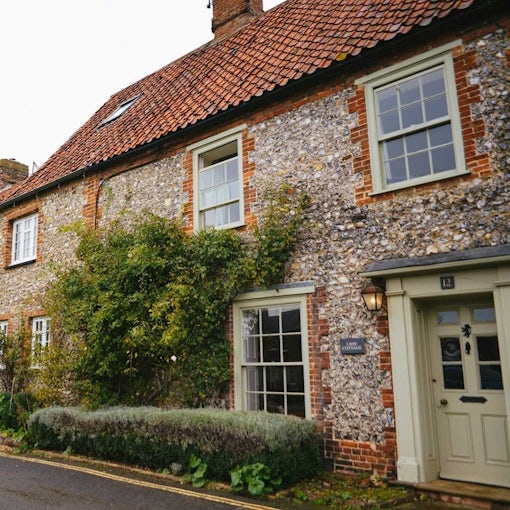Universal Credit is a new benefit which is being phased in nationally over three years to full implementation, potentially in 2017. In Lincoln, from 30th November 2015, Universal Credit will go live for single claimants only who are making a new claim and would have otherwise been claiming Jobseekers Allowance. It will replace six existing means tested benefits – including housing benefit. It is also an “in work benefit” – therefore even people in full time employment, may still be entitled to some top up under Universal Credit. The line between those “claiming benefits” and those in employment will become harder to draw. This major shake up to the benefits system will of course affect all claimants but also any Landlords with tenants in receipt of housing benefit.
All landlords who have had experience of the current housing benefit system will be aware that it is frustratingly complex. Aims of Universal Credit are to try and remove complexity, prepare claimants for work and ultimately, to make work pay. Therefore, payment will be made in one lump sum; monthly (in arrears) to the claimant’s bank account, in the same was as a salary is paid. It is expected that most claims will have to be made online.
Currently, housing benefit is normally paid in arrears (either fortnightly or four-weekly), and providing the tenant has made their claim on time may be backdated to when the tenant moved into the property. For claimants of Universal Credit, there will still be a housing cost element in a claimant’s total monthly payment which will be calculated in accordance with their income and the set rates. The rate will be the total amount of benefit a claimant can receive depending on their circumstances. The rate is reviewed annually and it will now be frozen at the same rate for the next four years (not good news for City residents seeking affordability private housing).
There are concerns that many people solely receiving benefit income, will struggle to budget with a lump sum monthly payment. However, the good news is that there may be provision to retain direct payment of the housing costs element to the landlord in cases of vulnerability or rent arrears, but normally only on a transitional/temporary basis. Both Landlords and Tenants can request direct payment. Under the new system, landlords will be able to request consideration of direct payment after 4 weeks’ rent arrears and this will certainly be implemented after eight weeks arrears. There will also be a dedicated landlord email address to escalate direct payments, particularly if they already have a Court Order.
Since the launch of the Private Landlords Scheme last summer, the City Council has been working with the Lincolnshire Credit Union in readiness for the introduction of Universal Credit. Every tenant offered a property through the Scheme receiving housing benefit opens a Start Up account with the Credit Union. Housing benefit is paid into a customer’s Start Up account and paid directly out to their landlord by the Credit Union. Monthly payment of Universal Credit will simplify rent payments made through the Credit Union and help customers to budget.
Comments of Paul Collins
I do have some concerns over the changeover to Universal Credit; I understand that ALL current and new Benefit payments for single claimants will be via Universal Credit from 30th November 2015 with ALL claimants being transferred by early 2017. I have two major concerns; Firstly, currently most payments are received by claimants 2 weekly in arrears – therefore I believe claimants may have some difficulties in budgeting when they receive one monthly payment. My second is new claims will take a minimum of 7 weeks to process – they are currently processed within 4 weeks. Therefore, landlords may have to wait for the second months rent!
Therefore from November 2015 I will be making some changes in our procedures to protect landlords who offer their property for those who are in receipt of Universal Credit. When applying (or renewing their current benefit claim) we will continue their need to have a guarantor, but will also insist that all rental payments are made by the guarantor (by Standing Order) – it will then be between the applicant and their guarantor. This should not affect our business model; it should make guarantors more financially interested in how the tenancy is running. If any landlord is unsure, or who requires further information please email me at paul.collins@belvoir.co.uk.













